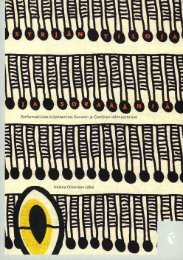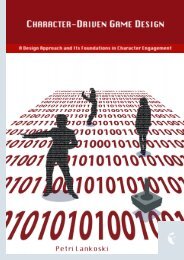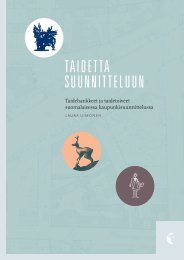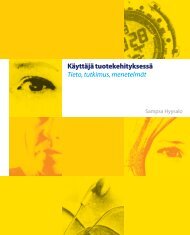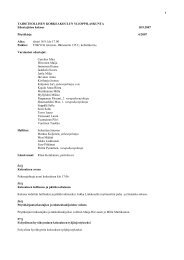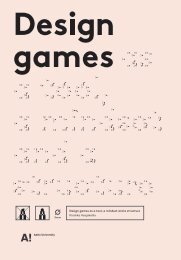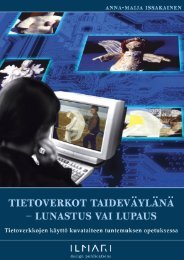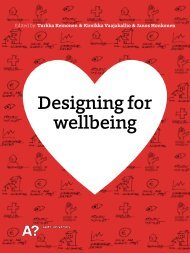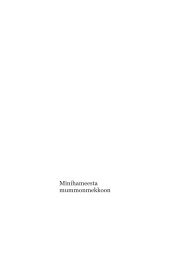Lightness and Brightness and Other Confusions
Lightness and Brightness and Other Confusions
Lightness and Brightness and Other Confusions
Create successful ePaper yourself
Turn your PDF publications into a flip-book with our unique Google optimized e-Paper software.
creasingly difficult to think of the mind as something distinct from the physical<br />
world as more <strong>and</strong> more of the processes <strong>and</strong> features of our mental lives<br />
are not only mapped onto brain processes, but are shown to depend upon<br />
them. Just as striking is the realization that, contrary to Descartes, the greater<br />
part of our cognition <strong>and</strong> volition takes place at an unconscious level. That<br />
said, many reflective people are uncomfortable with the claim that conscious<br />
events are identical with brain events. Is my pleasure at the deployment of<br />
green in a Degas painting nothing more than a pattern of neural activity?<br />
Complexity aside, does the difference between us <strong>and</strong> robots just come down<br />
to the difference between hardware <strong>and</strong> wetware?<br />
There is a second bifurcation that is exacerbated by the first: the split between<br />
my consciousness <strong>and</strong> yours. In Aristotle’s view, qualities were part <strong>and</strong> parcel<br />
of the physical world. Perception involved a process whereby a property of<br />
the world, which he called a “form,” impressed itself on the mind of the percipient<br />
(hence our word “information”). Red is out there in the world, <strong>and</strong> it<br />
imprints itself on your mind just as it does on mine, so the question of<br />
whether you <strong>and</strong> I have the same colour experience doesn’t arise. But after<br />
Galileo <strong>and</strong> Descartes, the fact that a spectral pattern strikes your retina in<br />
much the same way as it does mine fails to guarantee that the colour that is<br />
generated in your mind is like the one that is generated in mine. It should<br />
come as no surprise that the question as to whether what I experience as red<br />
you experience as green is first raised in the seventeenth century in the writing<br />
of Locke. The “inverted spectrum” problem has plagued us ever since.<br />
The progress in neuroscience that seems to have narrowed the gap between<br />
experiences <strong>and</strong> brain events can give us some measure of comfort concerning<br />
our perceptual similarities <strong>and</strong> differences. What we currently underst<strong>and</strong><br />
about colour processing in the eye-brain points to very substantial similarities<br />
between what goes on in your visual pathways <strong>and</strong> mine. However, most of<br />
the neural underpinnings of our colour vision remain mysterious. For instance,<br />
although we can find a neural analogue of the hue circle, we have not<br />
yet been able to find the brain mechanisms that underlie the difference between<br />
unitary <strong>and</strong> binary hues.<br />
We do know that there are differences between the colour vision of one person<br />
<strong>and</strong> that of another. Everyone knows about colour-deficient people. Much<br />
less appreciated are the significant differences that exist between “colour<br />
normals,” i.e., people who pass the st<strong>and</strong>ard tests for colour deficiencies. A<br />
“normal” or “average” observer is assumed for all colour-order systems, but of<br />
course this is a statistical concept. It is interesting to see how wide the distribution<br />
is. Sixty-two years ago, Ralph Evans remarked,<br />
A rough estimate indicates that a perfect match by a perfect “average”<br />
observer would probably be unsatisfactory for something like 90 percent<br />
of all observers because variation between observers is very much<br />
11




